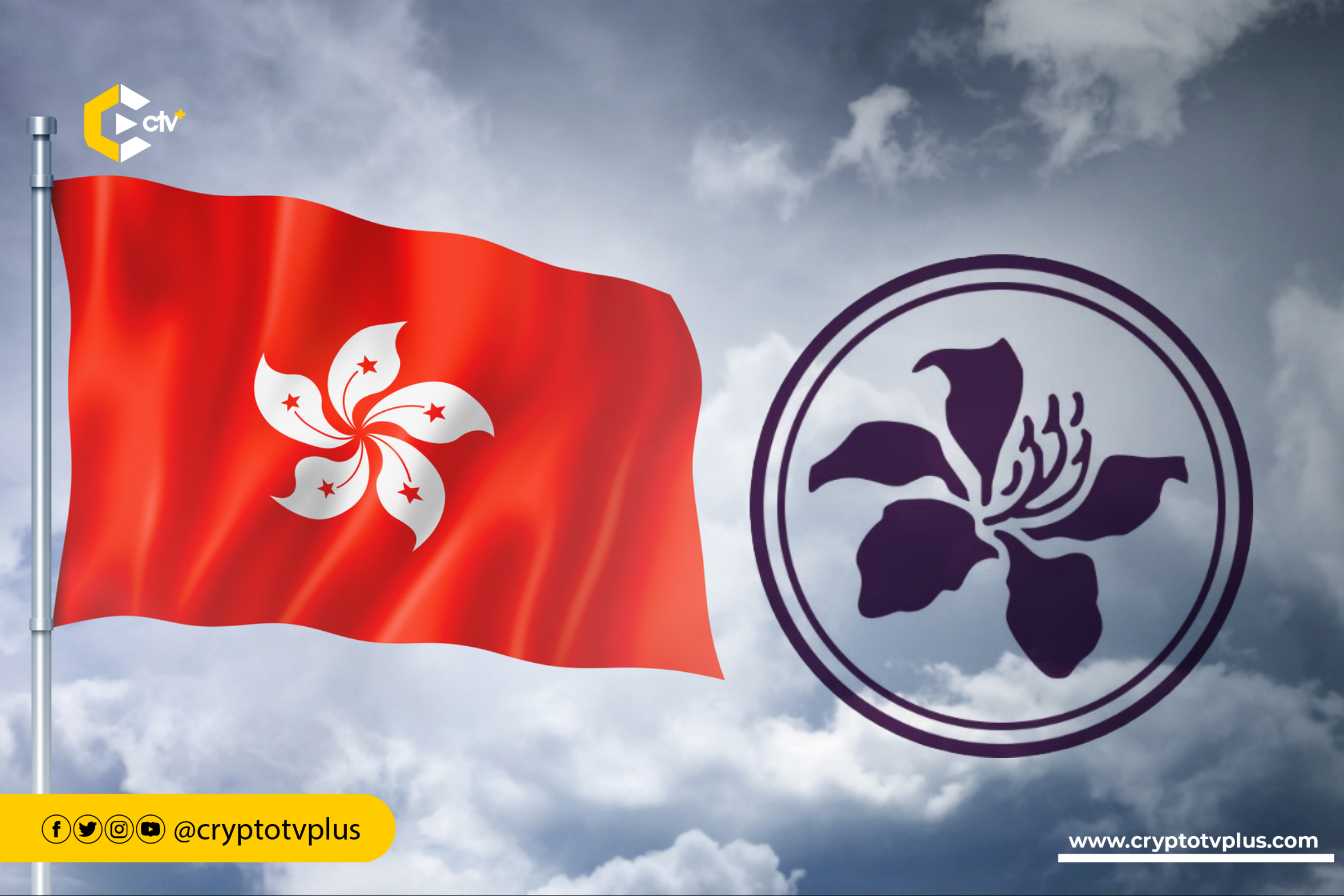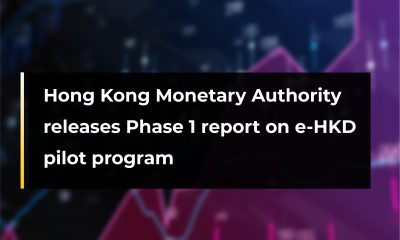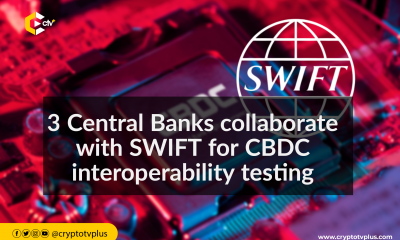News
Hong Kong Monetary Authority opens tokenization community for collaboration & development

The Hong Kong Monetary Authority (HKMA) has introduced the Project Ensemble Architecture Community to drive collaboration and advancement of its tokenization market.
According to the HKMA, the group aims to establish industry standards that facilitate interoperability among wholesale Central Bank Digital Currency (wCBDC), tokenized money, and tokenized assets.
Tokenization is a transformative process in the blockchain technology sector that involves representing the ownership rights of an asset in a unique digital form known as tokens.
These tokens can serve as digital representations of tangible and intangible assets, ranging from real estate and artwork to company shares and voting rights.
Tokenization enables asset fragmentation making investment opportunities more inclusive and accessible to a broader audience.
With the help of blockchain technology, tokenization facilitates faster and more convenient transactions, enhances liquidity, and ensures the integrity of ownership records.
Per the HKMA, the group will first focus on developing mechanisms to enable seamless interbank settlement of tokenized deposits through Wholesale CBDC (wCBDC) for transactions involving tokenized assets.
While CBDC is designed for retail use, allowing direct access and transactions by individual citizens and consumers, wCBDC is intended for wholesale use, primarily accessed and used by financial institutions, banks, and other intermediaries for large-value transactions.
The community will help create and launch a testing environment called the Project Ensemble Sandbox, scheduled to be available around mid-2024.
This sandbox will make it easier for researchers and developers to explore and test different ways of tokenization.
In case you missed it; Hong Kong’s securities regulators are tightening rules on virtual asset products for investors
The statement by the HKMA revealed that participants of the community apart from HKMA are representatives from the Securities and Futures Commission, the BIS Innovation Hub Hong Kong Centre, the CBDC Expert Group, as well as Bank of China (Hong Kong), Hang Seng Bank, HSBC, Standard Chartered Hong Kong, HashKey Group, Ant Digital Technologies, and Microsoft Hong Kong from the private sector.
In the pursuit of creating a suitable environment for digital assets, Hong Kong is one of the most advanced and receptive players globally. It currently has a comprehensive regulatory framework for cryptocurrencies, focusing on balancing innovation and consumer protection.
Here, the Securities and Futures Commission (SFC) is the primary regulator for cryptocurrencies responsible for overseeing activities such as trading platforms, stablecoins, and asset transfers.
The SFC requires virtual asset trading platforms to obtain licenses to operate in Hong Kong, which includes compliance with rules on asset storage, Know Your Customer (KYC) measures, Anti-Money Laundering (AML), and Counter-Terrorist Financing (CFT).
The SFC also regulates virtual asset service providers (VASPs) and virtual asset trading platforms (VATPs), with different licensing requirements for each.
VASPs are primarily allowed to serve professional investors and offer security tokens, while VATPs can serve retail consumers but only with non-security tokens.
















